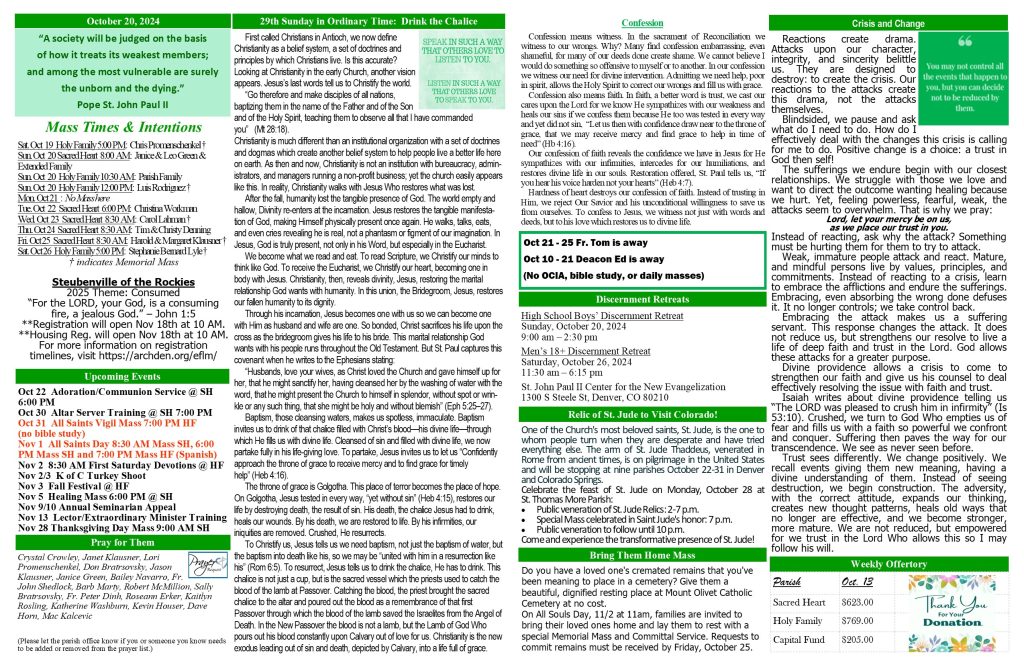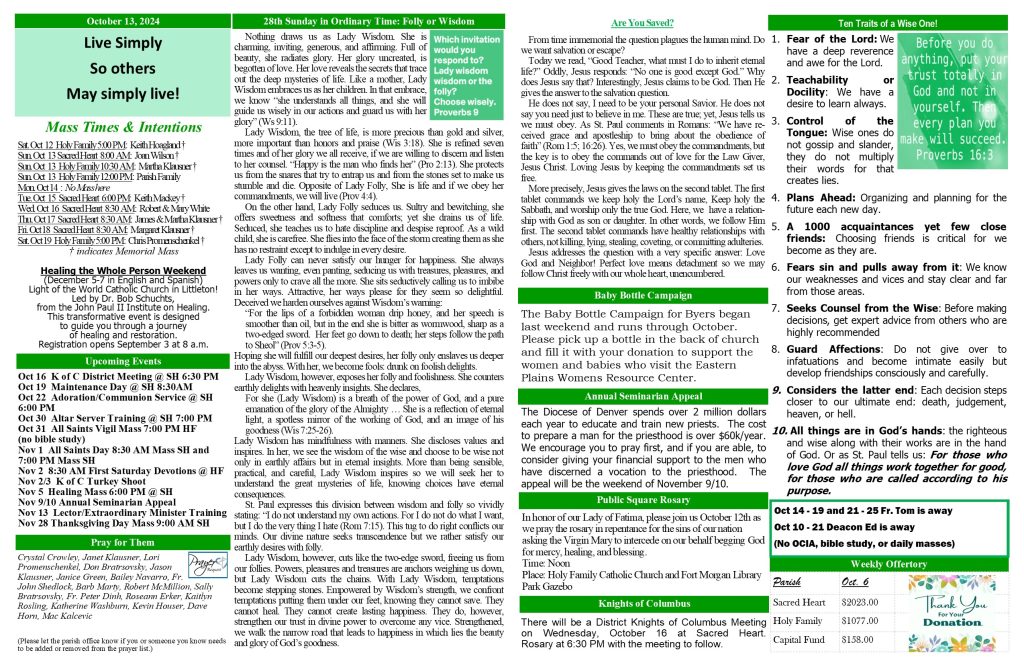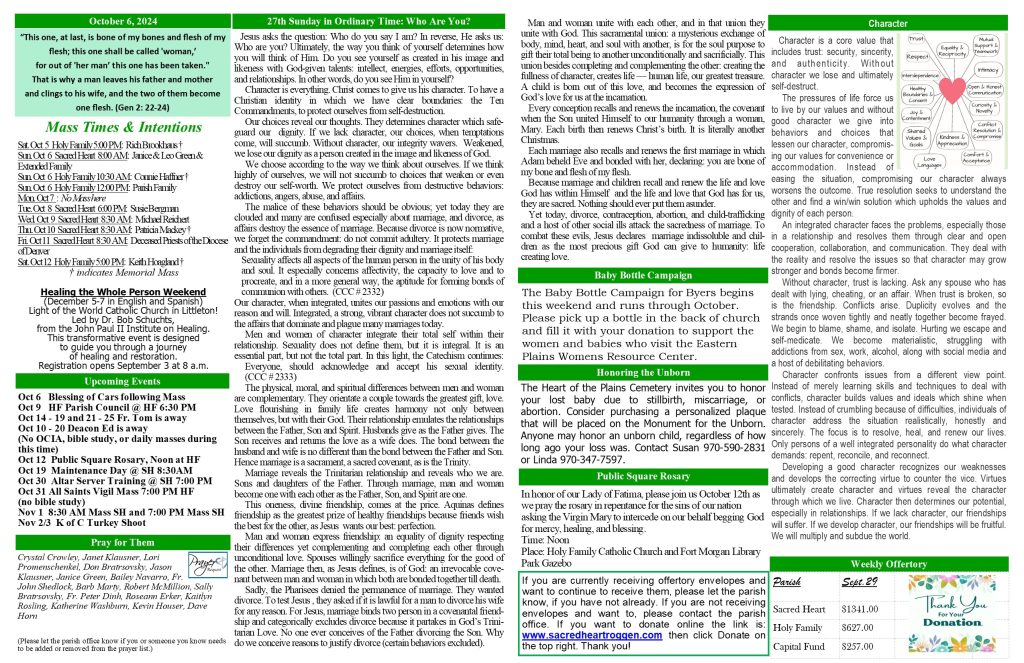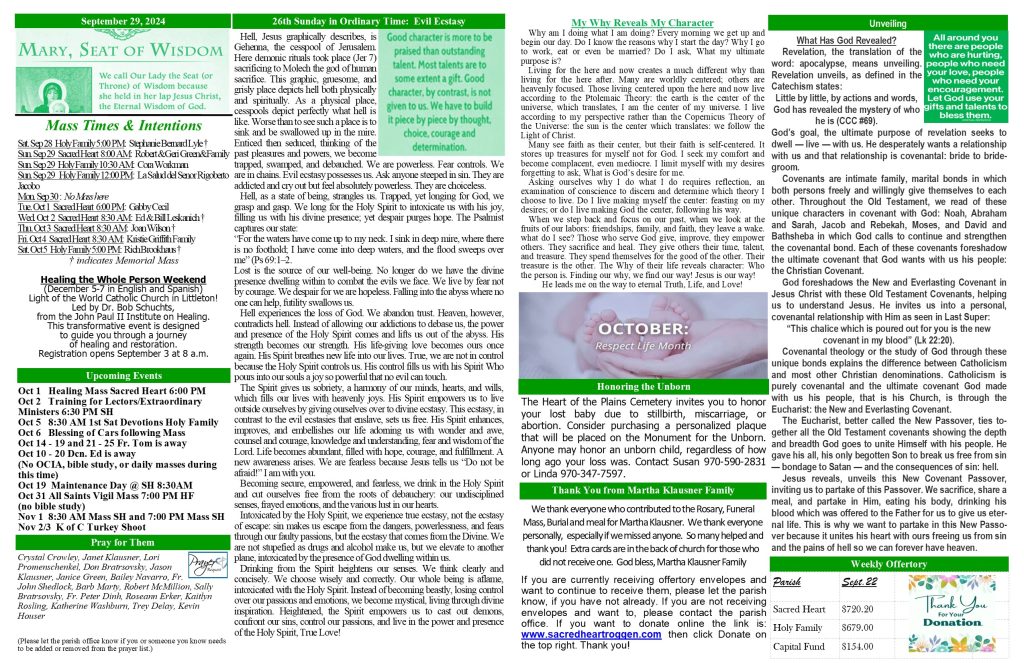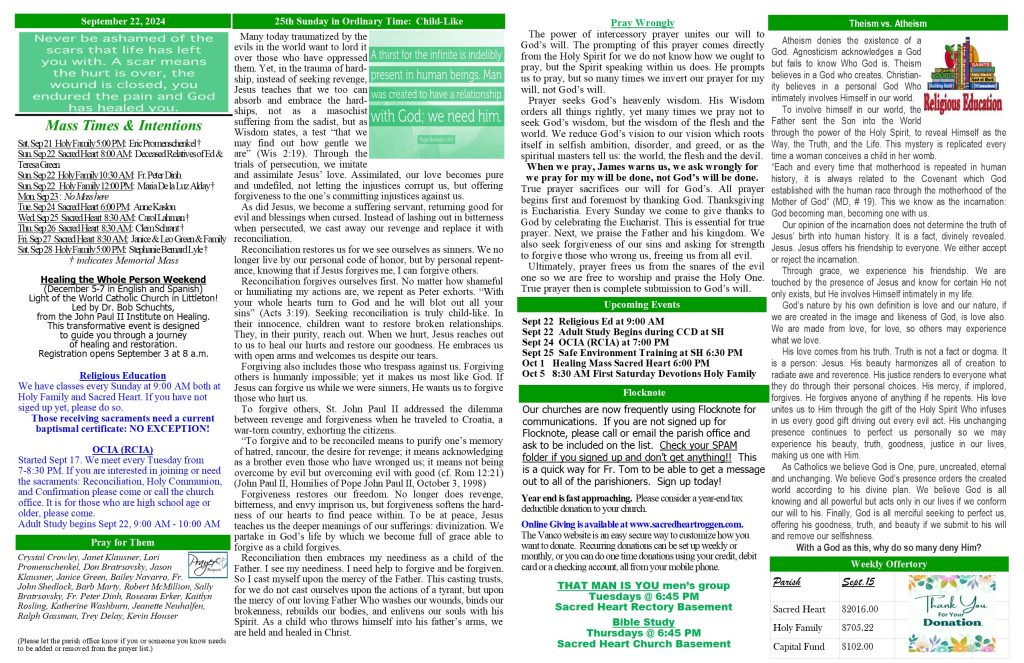Drink the Chalice
First called Christians in Antioch, we now define Christianity as a belief system, a set of doctrines and principles by which Christians live. Is this accurate? Looking at Christianity in the early Church, another vision appears. Jesus’s last words tell us to Christify the world.
“Go therefore and make disciples of all nations, baptizing them in the name of the Father and of the Son and of the Holy Spirit, teaching them to observe all that I have commanded you” (Mt 28:18).
Christianity is much different than an institutional organization with a set of doctrines and dogmas which create another belief system to help people live a better life here on earth. As then and now, Christianity is not an institution with bureaucracy, administrators, and managers running a non-profit business; yet the church easily appears like this. In reality, Christianity walks with Jesus Who restores what was lost.
After the fall, humanity lost the tangible presence of God. The world empty and hallow, Divinity re-enters at the incarnation. Jesus restores the tangible manifestation of God, making Himself physically present once again. He walks, talks, eats, and even cries revealing he is real, not a phantasm or figment of our imagination. In Jesus, God is truly present, not only in his Word, but especially in the Eucharist.
We become what we read and eat. To read Scripture, we Christify our minds to think like God. To receive the Eucharist, we Christify our heart, becoming one in body with Jesus. Christianity, then, reveals divinity, Jesus, restoring the marital relationship God wants with humanity. In this union, the Bridegroom, Jesus, restores our fallen humanity to its dignity.
Through his incarnation, Jesus becomes one with us so we can become one with Him as husband and wife are one. So bonded, Christ sacrifices his life upon the cross as the bridegroom gives his life to his bride. This marital relationship God wants with his people runs throughout the Old Testament. But St. Paul captures this covenant when he writes to the Ephesians stating:
“Husbands, love your wives, as Christ loved the Church and gave himself up for her, that he might sanctify her, having cleansed her by the washing of water with the word, that he might present the Church to himself in splendor, without spot or wrinkle or any such thing, that she might be holy and without blemish” (Eph 5:25–27).
Baptism, those cleansing waters, makes us spotless, immaculate. Baptism invites us to drink of that chalice filled with Christ’s blood—his divine life—through which He fills us with divine life. Cleansed of sin and filled with divine life, we now partake fully in his life-giving love. To partake, Jesus invites us to let us “Confidently approach the throne of grace to receive mercy and to find grace for timely help” (Heb 4:16).
The throne of grace is Golgotha. This place of terror becomes the place of hope. On Golgotha, Jesus tested in every way, “yet without sin” (Heb 4:15), restores our life by destroying death, the result of sin. His death, the chalice Jesus had to drink, heals our wounds. By his death, we are restored to life. By his infirmities, our iniquities are removed. Crushed, He resurrects.
To Christify us, Jesus tells us we need baptism, not just the baptism of water, but the baptism into death like his, so we may be “united with him in a resurrection like his” (Rom 6:5). To resurrect, Jesus tells us to drink the chalice, He has to drink. This chalice is not just a cup, but is the sacred vessel which the priests used to catch the blood of the lamb at Passover. Catching the blood, the priest brought the sacred chalice to the altar and poured out the blood as a remembrance of that first Passover through which the blood of the lamb saved the Israelites from the Angel of Death. In the New Passover the blood is not a lamb, but the Lamb of God Who pours out his blood constantly upon Calvary out of love for us. Christianity is the new exodus leading out of sin and death, depicted by Calvary, into a life full of grace.

